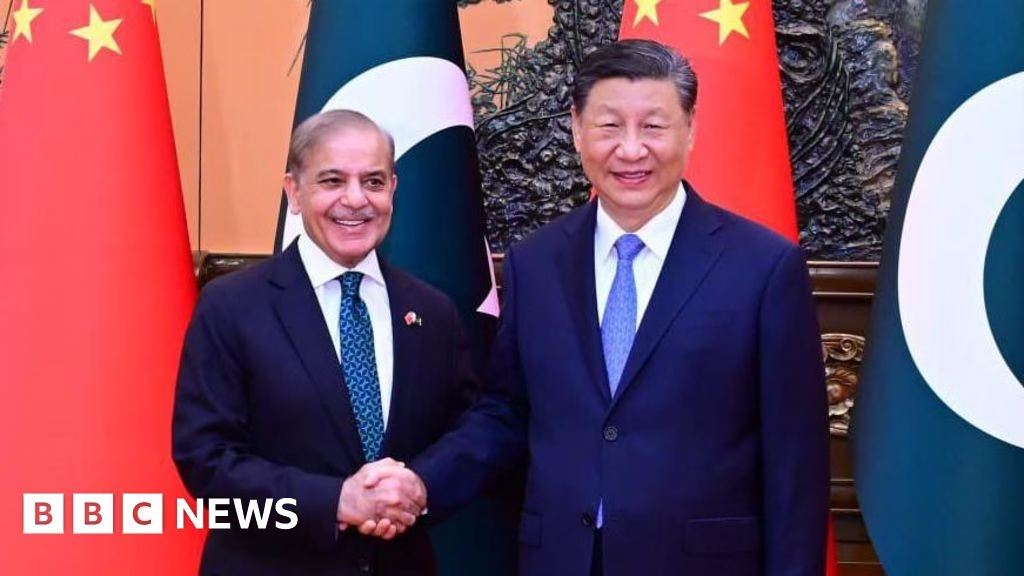In a recent conflict, China’s defense industry has emerged as an unexpected winner following the skirmishes between long-time rivals India and Pakistan. The clashes, which ultimately led to a ceasefire and mutual declarations of victory, took an interesting turn with the involvement of China’s J-10 fighter aircraft—used by Pakistan—which made their combat debut during the hostilities. This development is being seen as a significant moment for China’s military exports, particularly amidst the ongoing geopolitical tensions in the region.
The conflict saw the deployment of French and Russian-made jets by India, while Pakistan deployed the J-10 and J-17 aircraft co-produced with Beijing. Pakistan claims its fighter aircraft managed to shoot down several Indian planes, including the high-tech Rafale fighter jets, though these claims remain unconfirmed by India. This scenario has sparked discussions about the potential strength and reliability of China’s military export products, specifically the J-10 fighter jets, vis-à-vis Western-made aircraft.
Despite these claims, experienced military analysts have cautioned against premature declarations of superiority for Chinese military technology. The aerial battle’s outcome is still ambiguous without a definitive account of what transpired. Earlier reports of plane crashes in Punjab and Indian-administered Kashmir remain unaddressed by the Indian government, further muddling the narrative.
China’s J-10C fighter jets, particularly, have drawn scrutiny over their performance in combat. While some view this as a significant moment for China’s military exports, highlighting their cost-effectiveness and efficiency, others point to previous technical malfunctions reported by other countries using Chinese-made equipment. The impact of these developments on global arms trade and international military strategies remains to be seen.
Regardless, the events are seen as a wake-up call for India, indicating a pressing need to bolster its domestic defense manufacturing sector and possibly expedite international military procurements. The broader implications for the defense industries of both China and the Western world, and the shifting geopolitical dynamics in South Asia, are subjects of keen interest and analysis.
Source: https://www.bbc.com/news/articles/c1w3dln352vo







